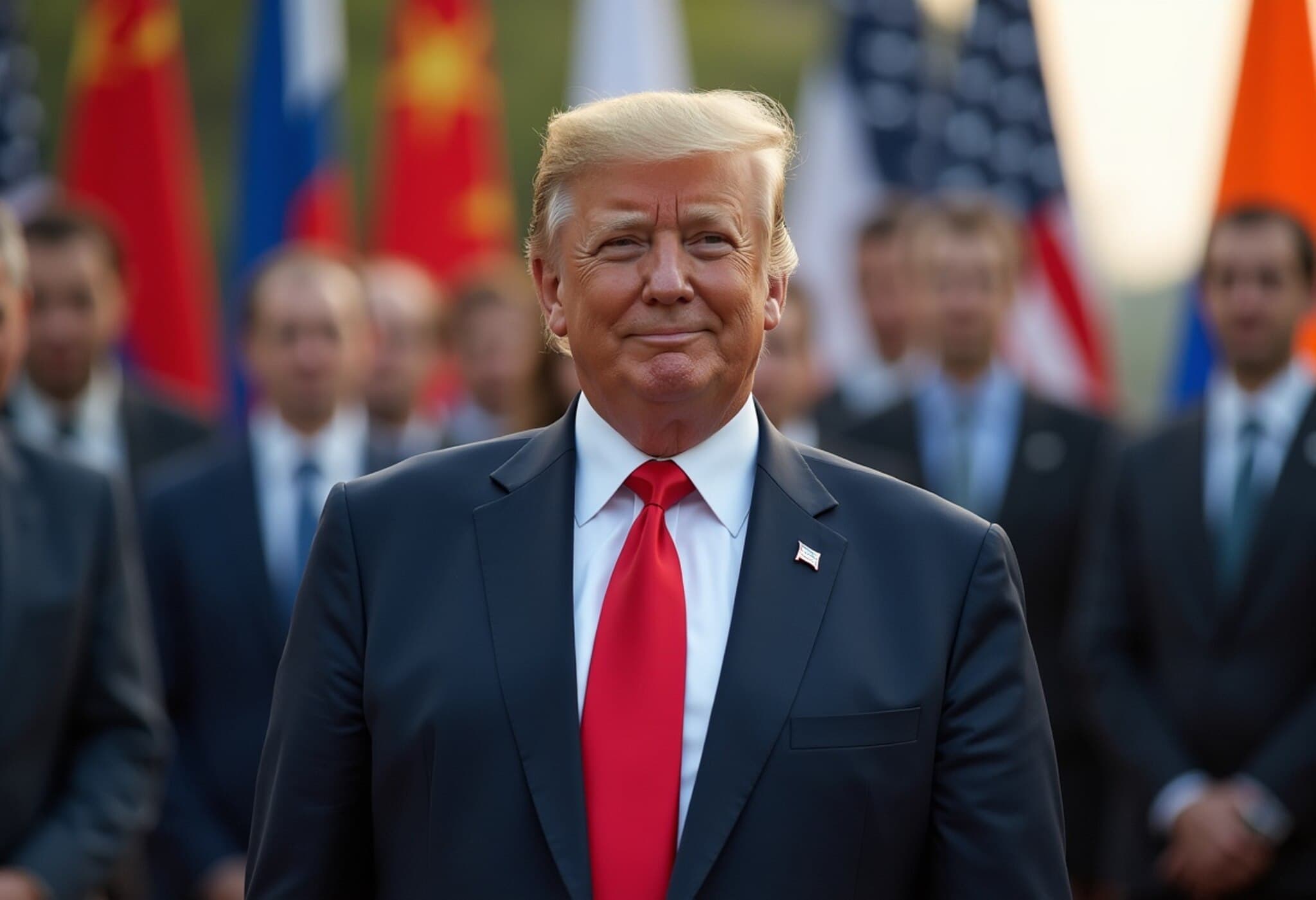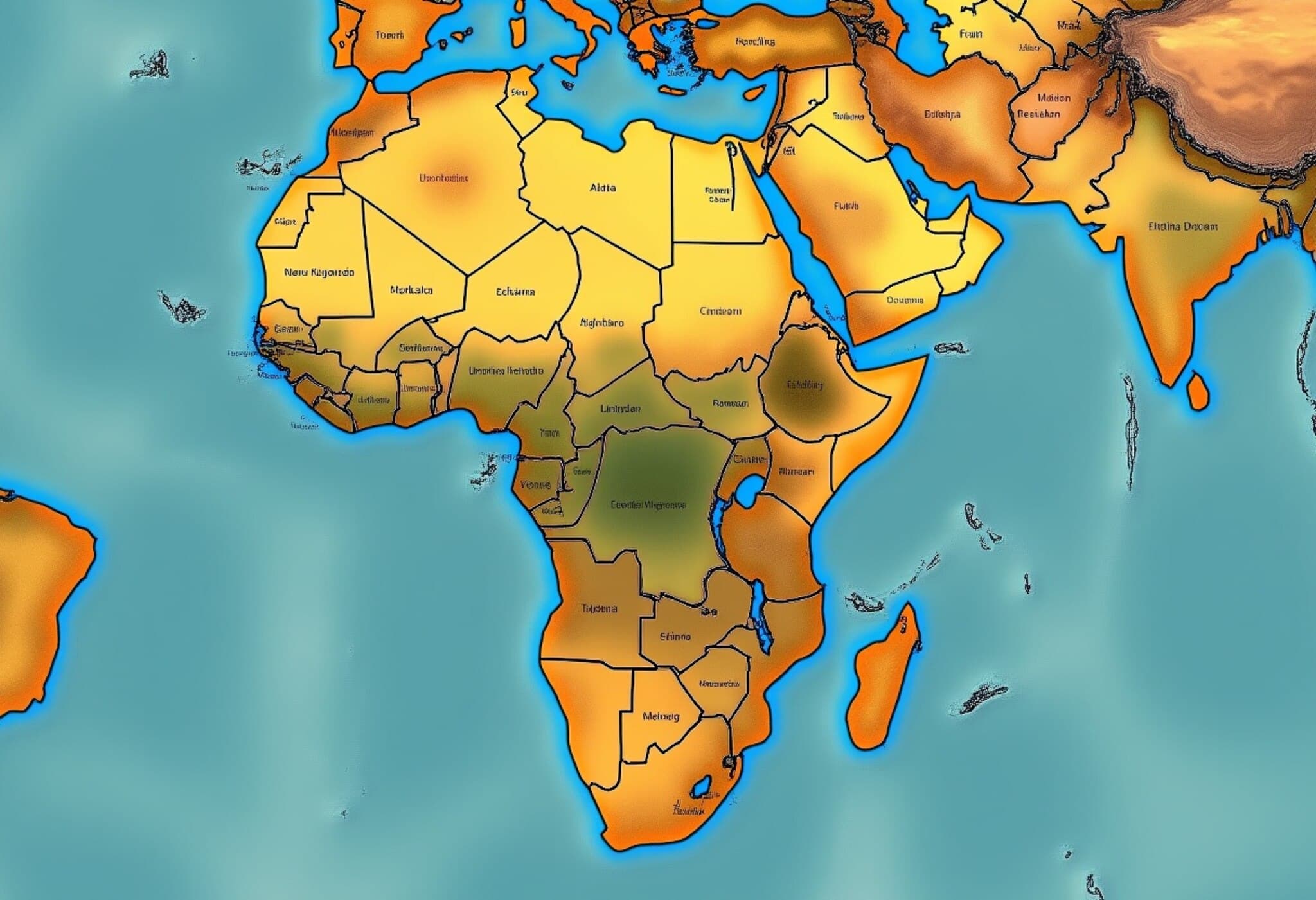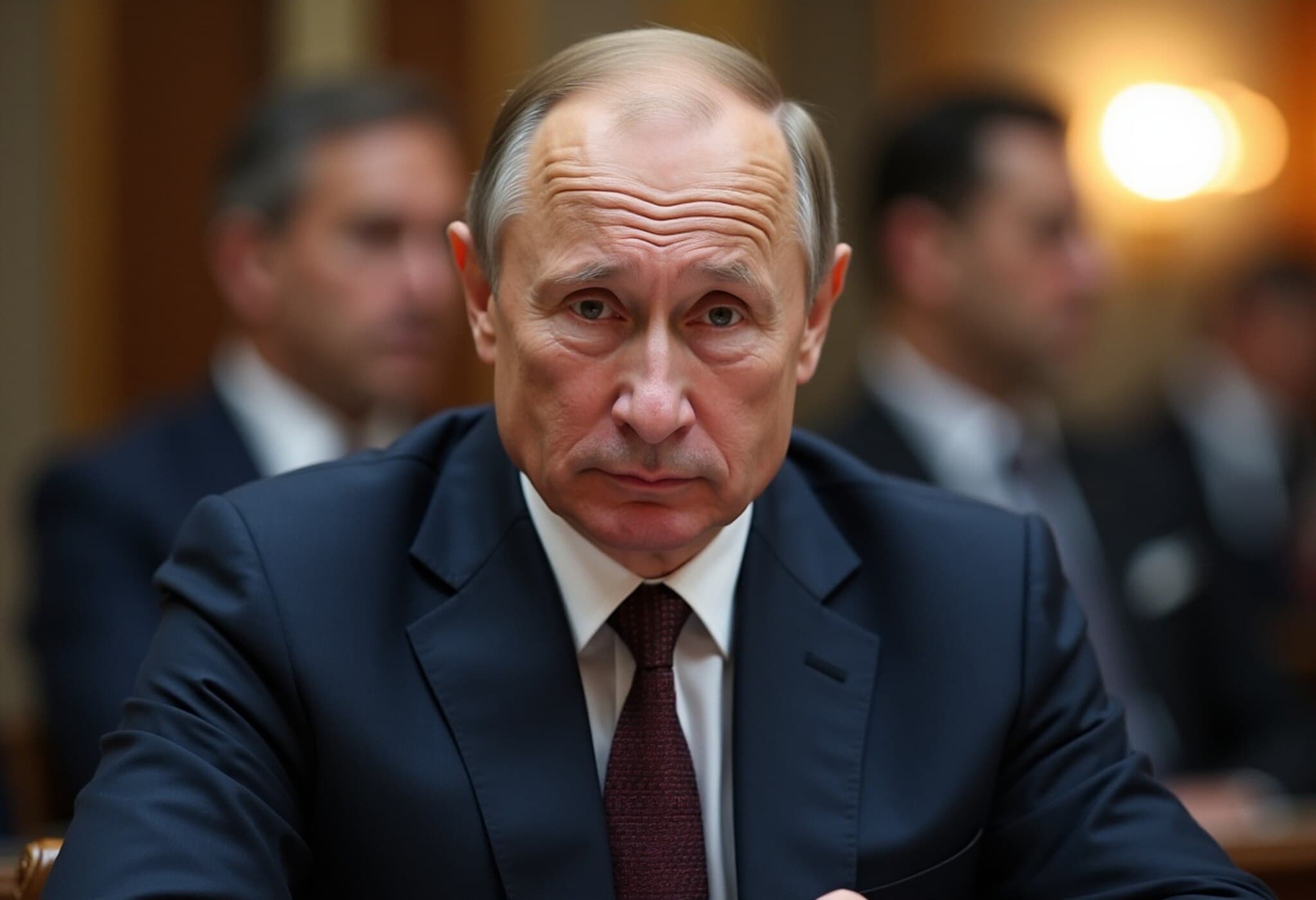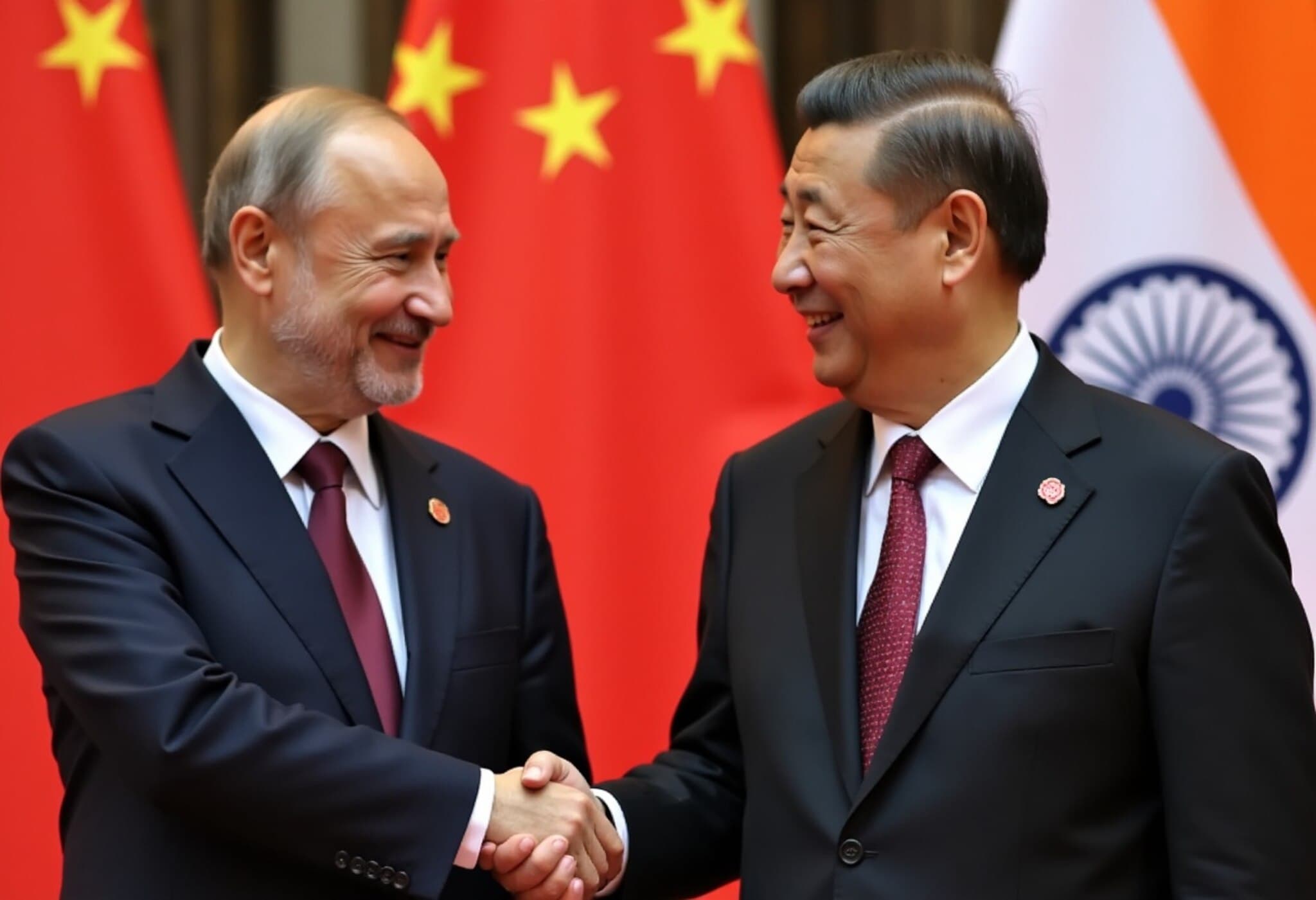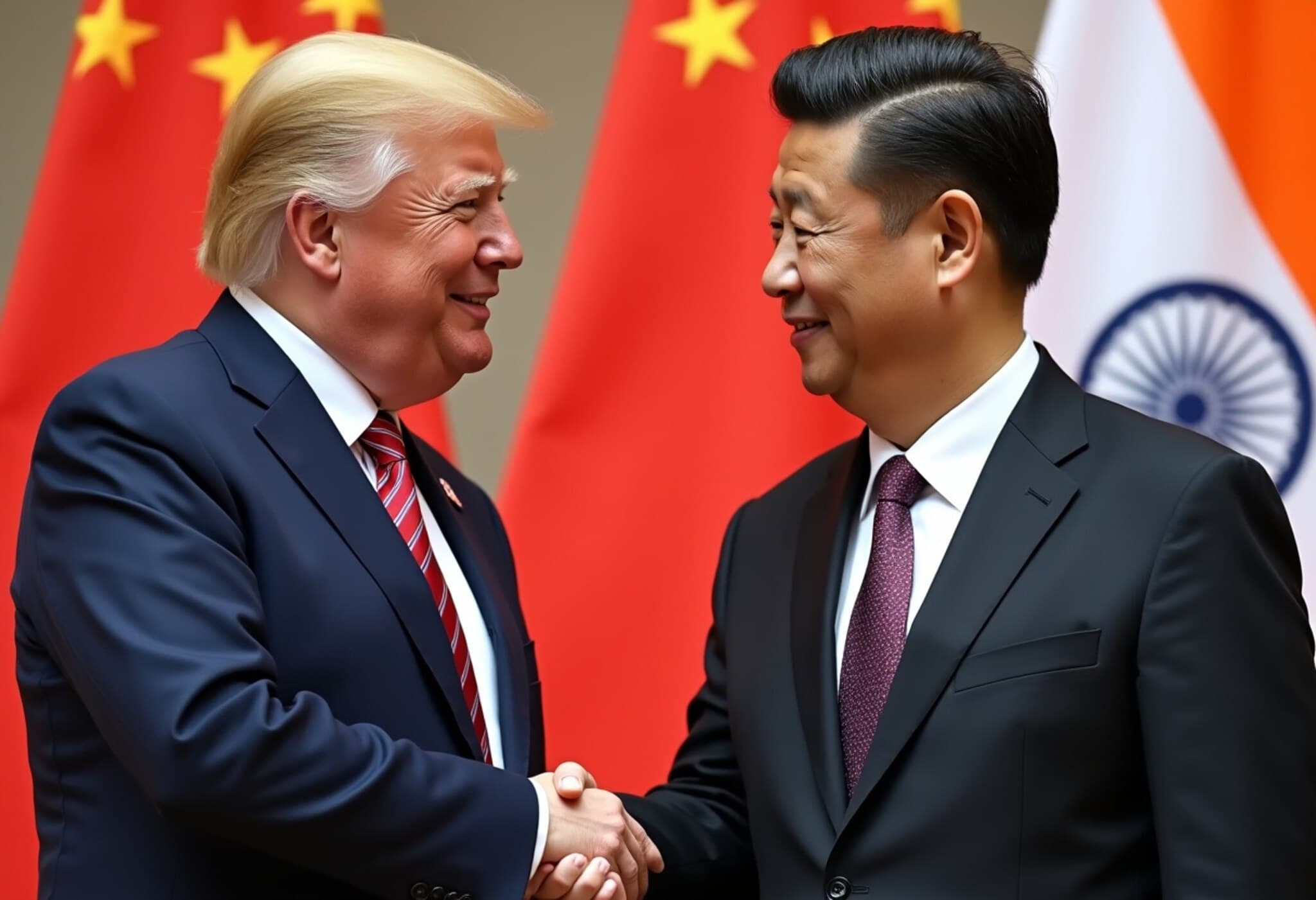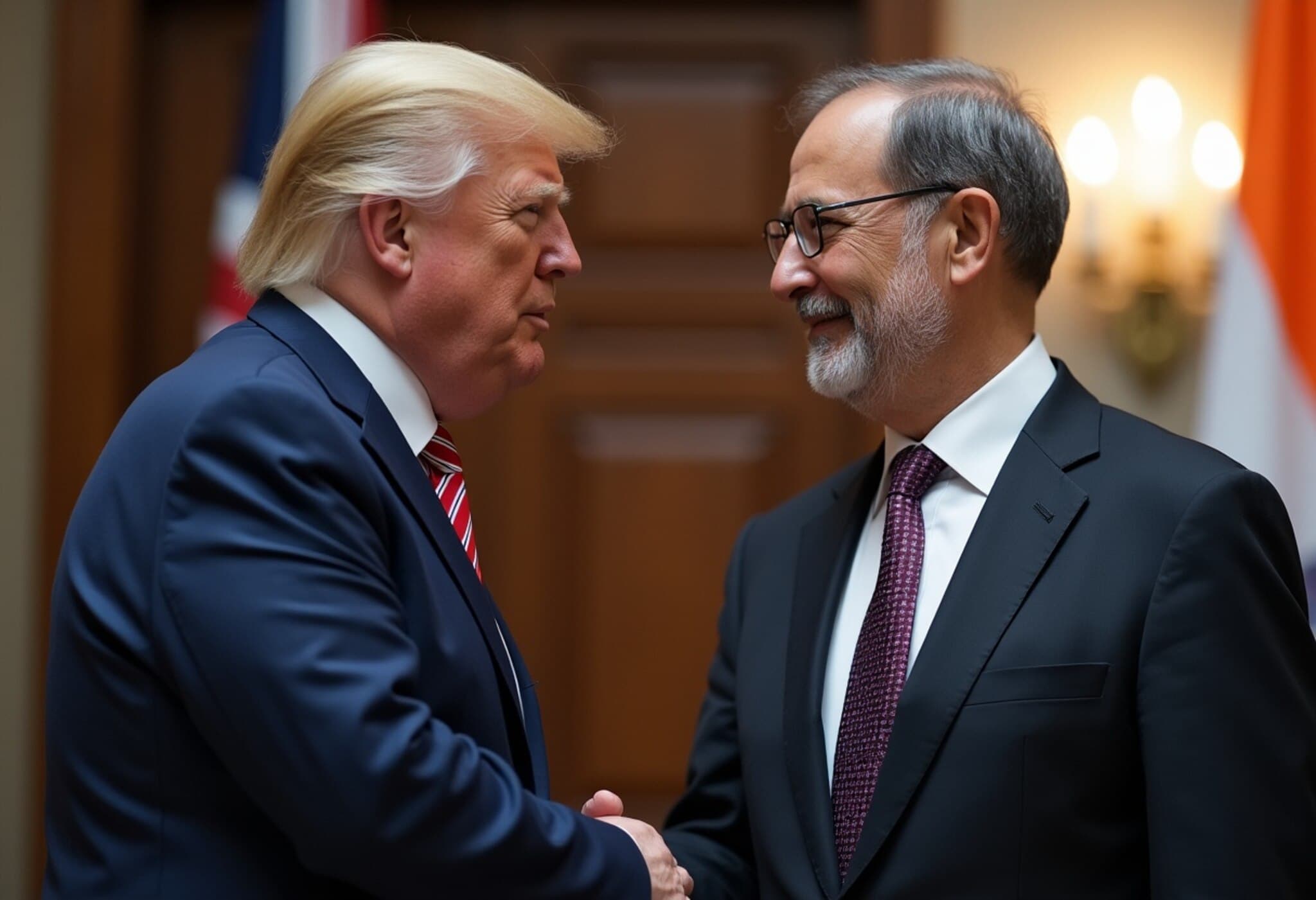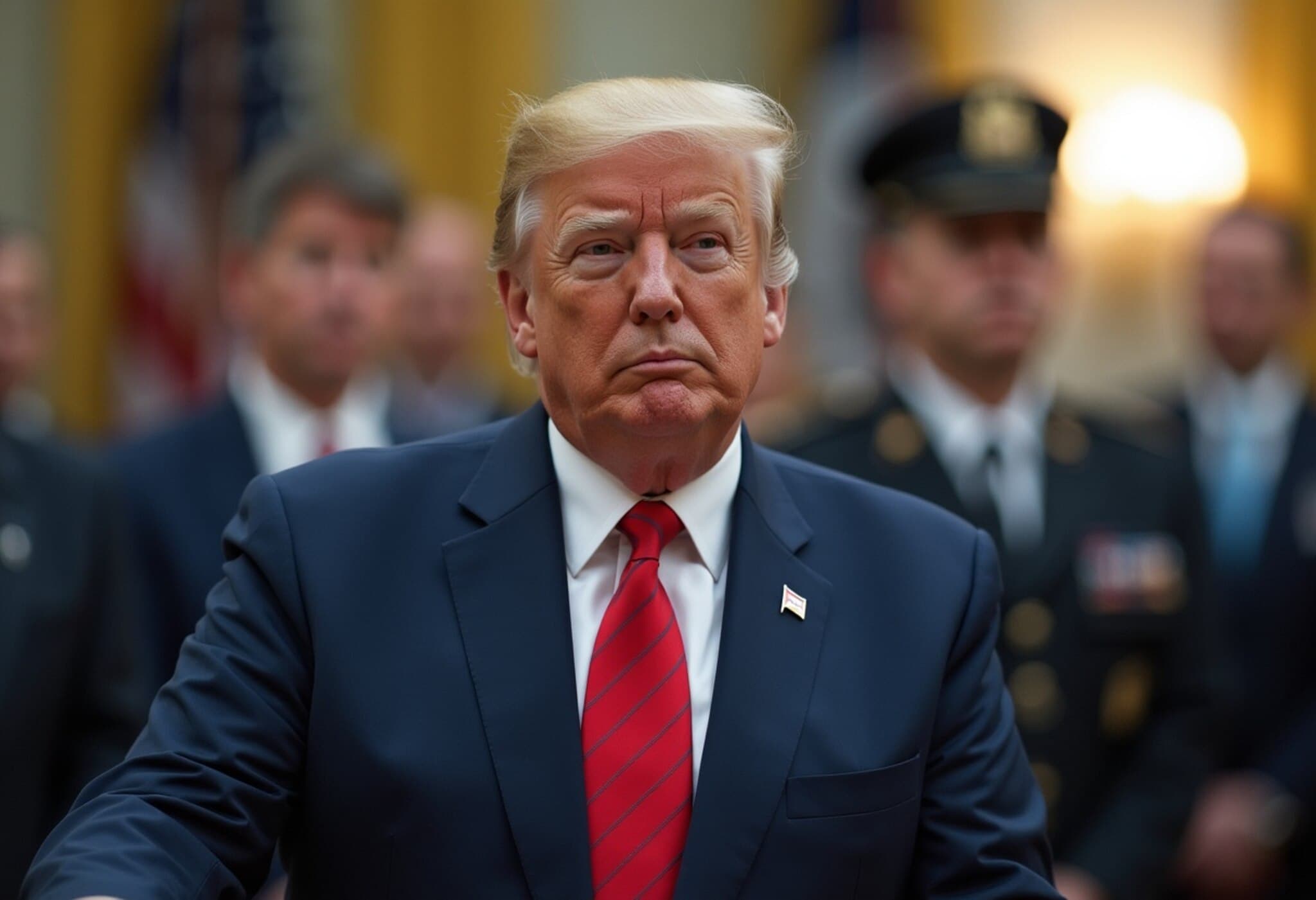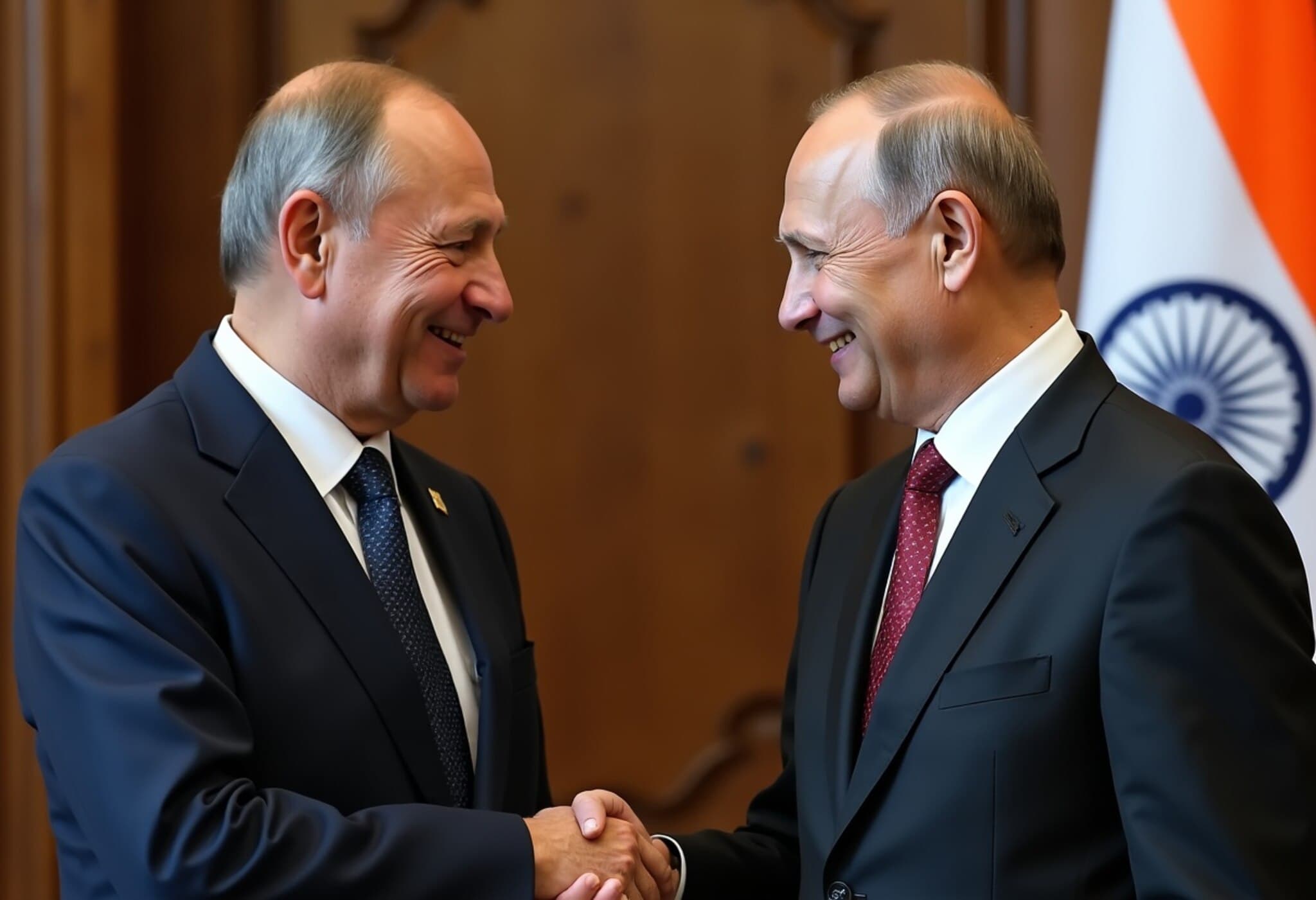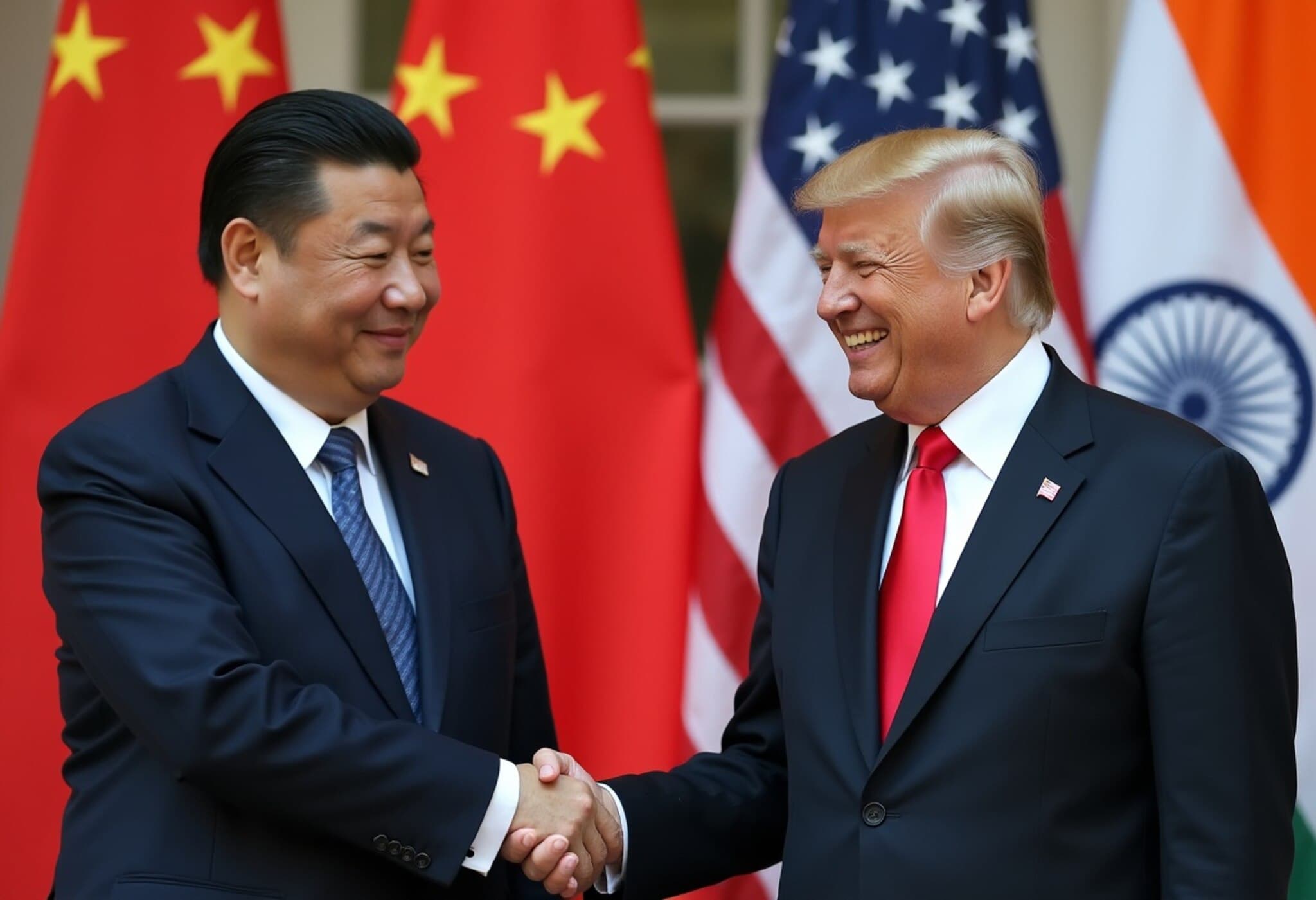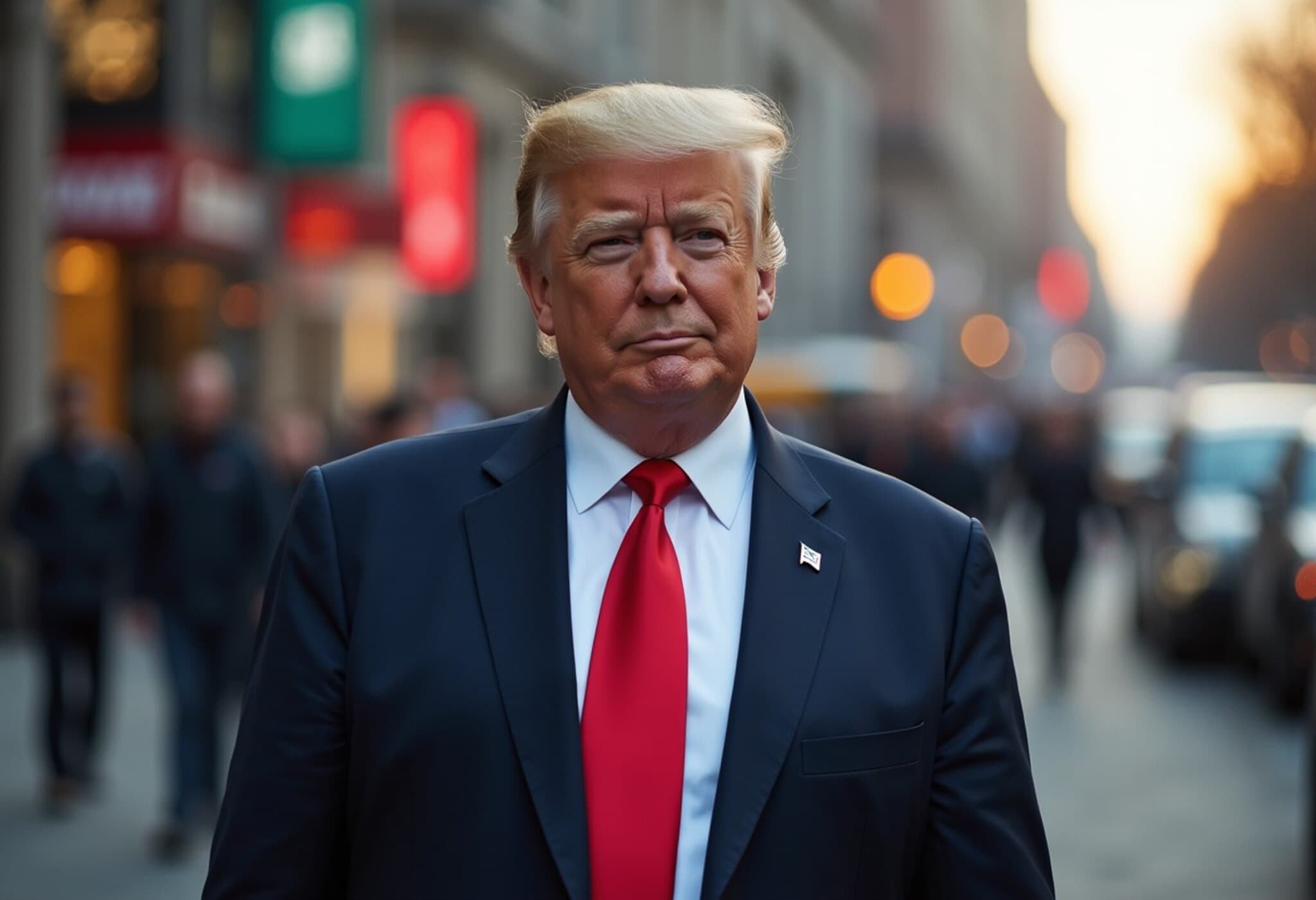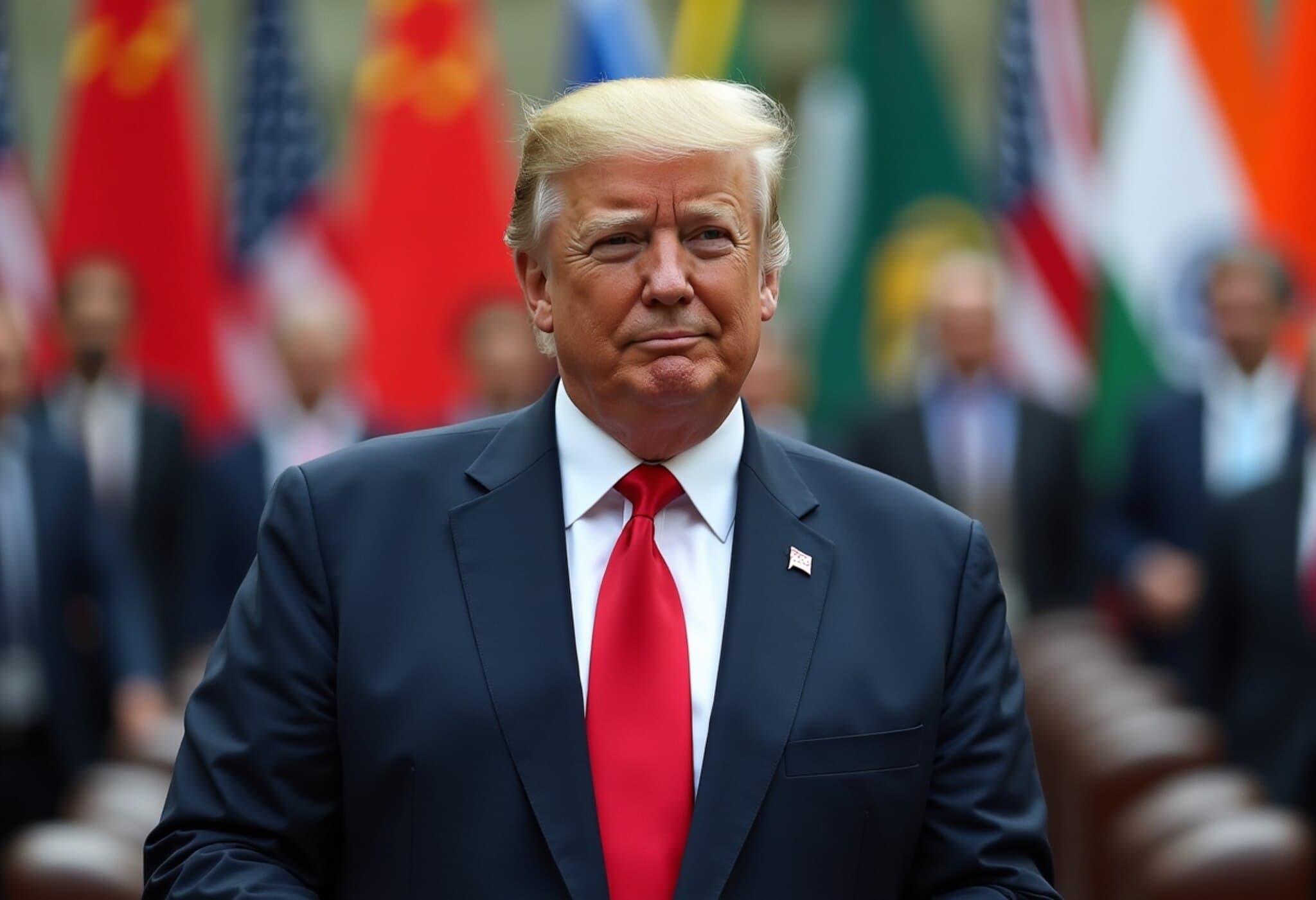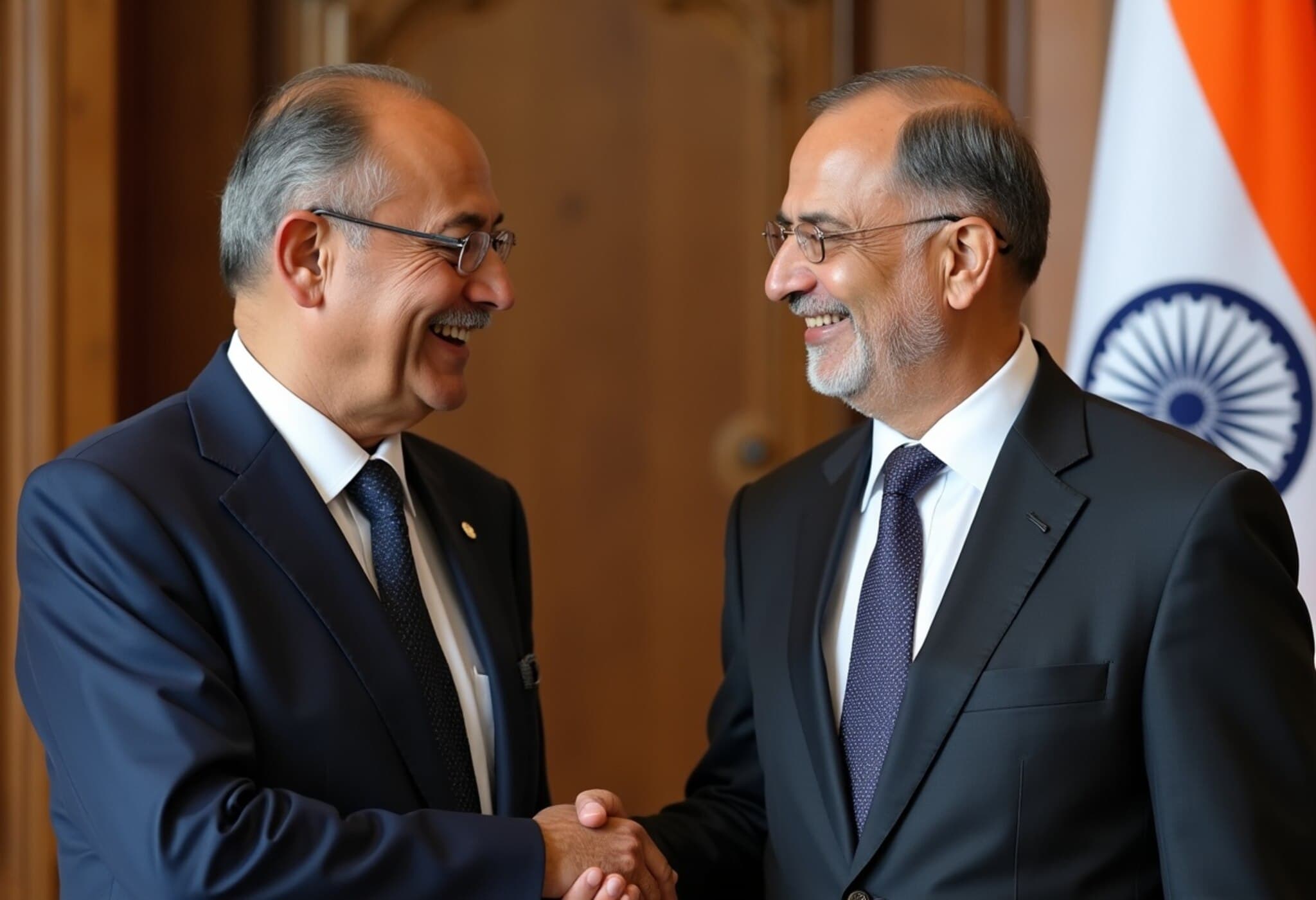Russia Accuses US of Neocolonial Economic Pressure Through Tariffs
In a striking condemnation, Russia has sharply criticized the United States for imposing new tariffs on several Global South countries, including India and Russia itself. The Kremlin’s critique centers around what it calls a “neocolonial” approach by Washington, using economic measures to maintain diminishing global dominance and interfere with the sovereignty of other nations.
Russian Official Labels US Tariffs a Threat to Sovereignty and Trade Stability
Maria Zakharova, spokesperson for the Russian Foreign Ministry, characterized the Trump administration’s tariff policies as a direct violation of national sovereignty and an unlawful intrusion into the internal affairs of sovereign states. She emphasized that such “politicized economic pressure” undermines global trade and risks destabilizing the interconnected global economy.
Zakharova’s statement highlights Russia’s view that these tariffs not only punish countries pursuing independent foreign policies but also reflect a reluctance by Washington to accept the shifting multipolar global order. Instead of fostering cooperation, the US strategy allegedly imposes arbitrary trade barriers reminiscent of protectionism—contrary to the free trade ideals it historically supported.
Commitment to a Multipolar World: Russia and Global South Alliances
Russia expressed robust intent to deepen strategic partnerships with emerging economies across the Global South, particularly within BRICS countries and newer members like Egypt, Iran, and Indonesia. Zakharova reaffirmed Russia’s dedication to collaborating with these nations to resist unilateral sanctions and construct a more balanced, equitable international system.
She noted, “Sanctions and restrictions have become a defining feature of this era, impacting countries worldwide. Washington’s neocolonial agenda pressures those steering independent courses, undermining global economic growth and fracturing international supply chains.”
US Tariff Threat Against India Escalates Tensions
The diplomatic friction escalated following President Donald Trump’s announcement via Truth Social on August 4, 2025, declaring plans to hike tariffs on India. This move targets India’s significant imports of Russian oil, which Trump criticized as profiting from the ongoing Ukraine conflict’s human toll.
Trump stated, “They don’t care how many people in Ukraine are being killed by the Russian War Machine. Because of this, I will be substantially raising the Tariff paid by India to the USA.”
India swiftly rejected these accusations. The Ministry of External Affairs defended its energy policy as sovereign and pragmatic, aimed at securing affordable and stable energy costs amid a volatile global market. New Delhi called the US and EU criticisms “unjustified and unreasonable,” underscoring the nation’s autonomy in safeguarding its economic and national interests.
Expert Insights: Implications for Global Trade and Geopolitics
This episode exemplifies broader tensions in international economic governance, raising critical questions about the use of tariffs and sanctions as instruments of geopolitical leverage. While Washington frames these measures as enforcing a rules-based order, critics argue they can deepen divisions and hamper global recovery in a post-pandemic era.
From a US policy perspective, balancing strategic pressure against Russia with maintaining cooperative relations in the Global South is a complex task—especially given India’s pivotal role in global energy and economic dynamics. Experts suggest that sustainable global trade growth demands nuanced engagement rather than unilateral coercion.
Looking Ahead: The Road to a Multipolar World Order
Russia’s vocal opposition signals an ongoing contest over the shape of the 21st-century global order. As nations in the Global South assert greater autonomy, the era of unchallenged US dominance appears increasingly contested. The evolution towards multipolarity could promote diversified alliances and foster a more inclusive global governance system—if managed through dialogue rather than confrontation.
Editor’s Note
The escalating tariff war raises pivotal questions about sovereignty, fair trade, and geopolitical strategy in a rapidly shifting global landscape. How will the US reconcile its economic security interests with the realities of a multipolar world? And might fostering multilateral cooperation offer a more stable path than protectionist measures? As these developments unfold, keeping an eye on both economic impacts and diplomatic relations will be crucial.

